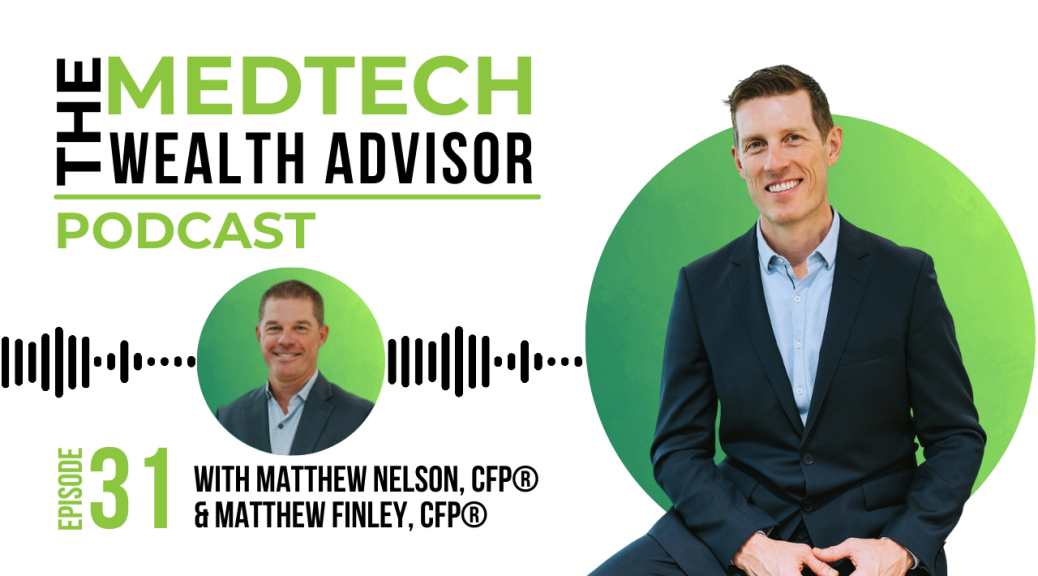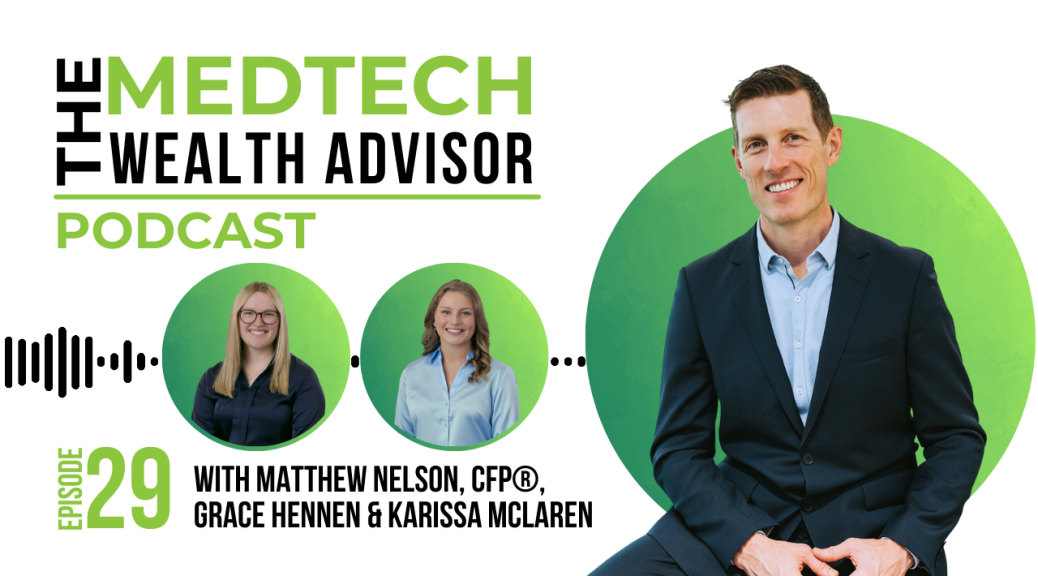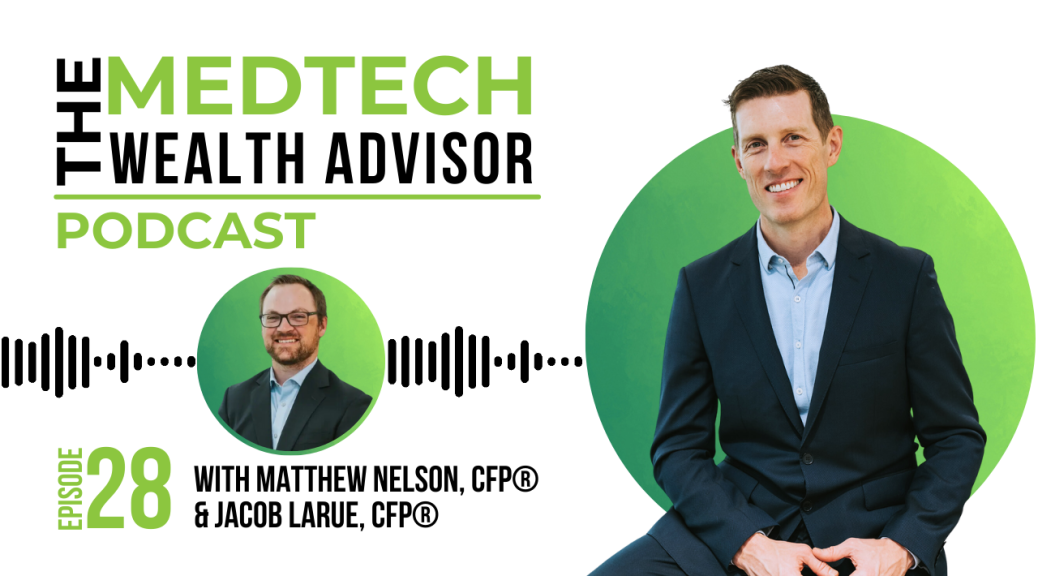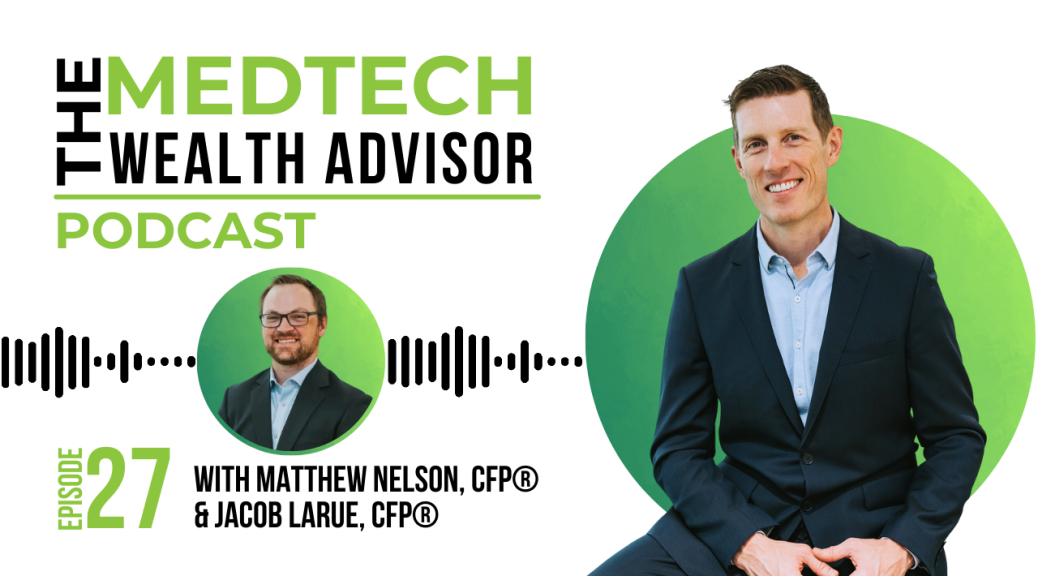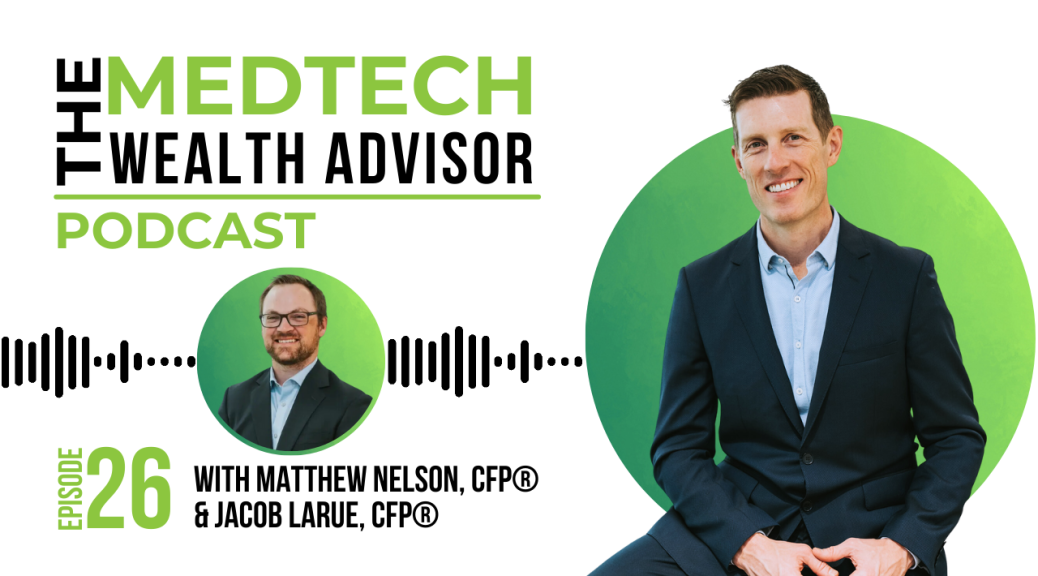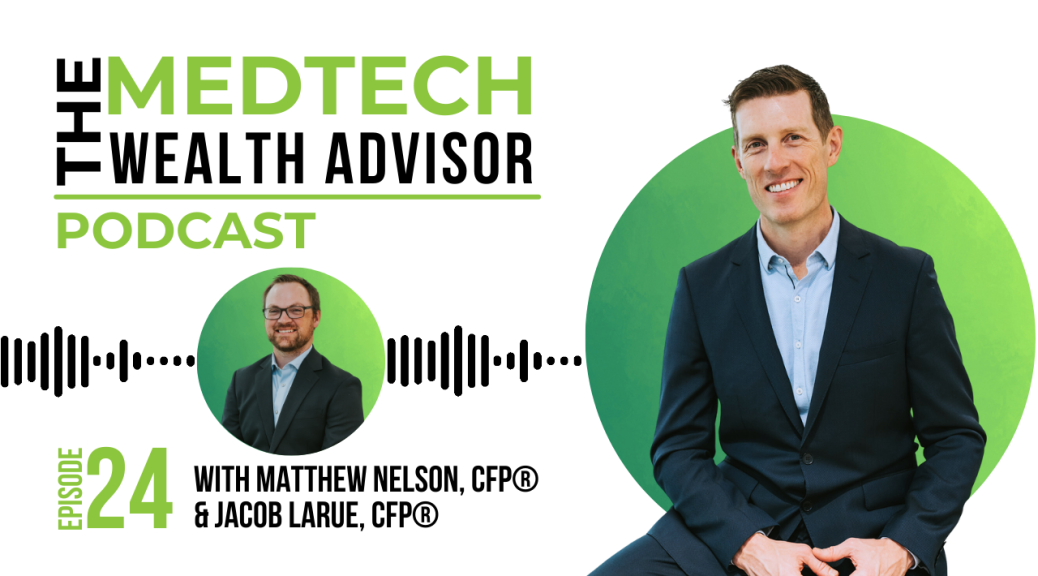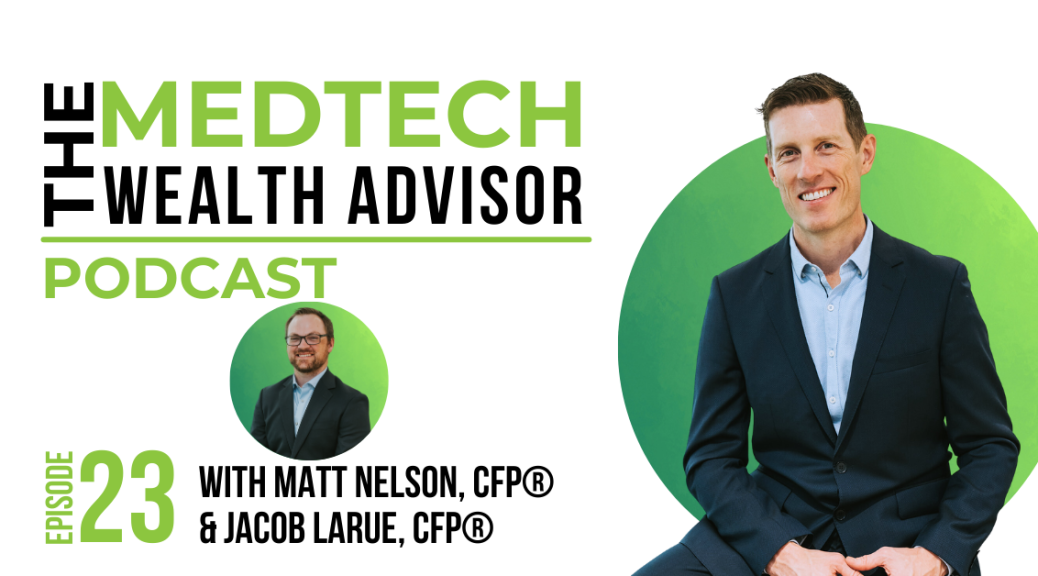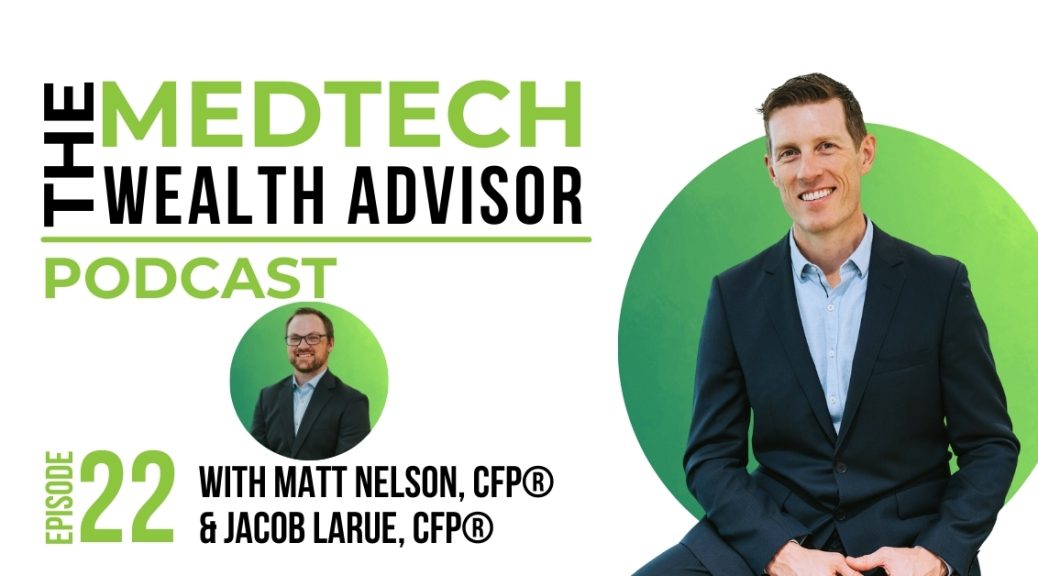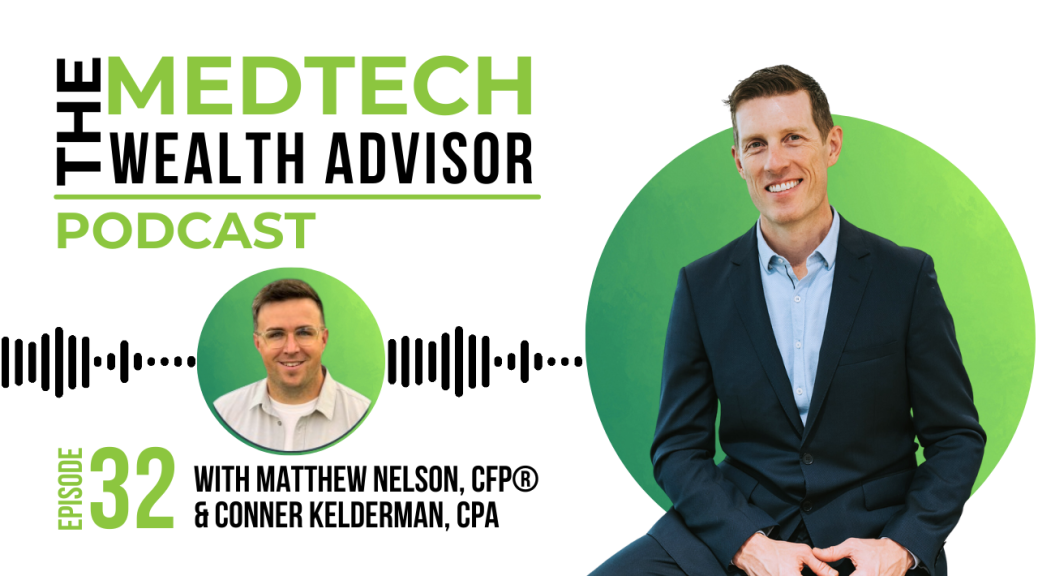
Tax Filing 101 for Stock Compensation Holders (Ep. 32)
Podcast: Play in new window | Download | Embed
Subscribe: Apple Podcasts | Spotify | Youtube Music | RSS | More
Taxes can be overwhelming, especially when managing stock compensation and navigating complex filing requirements.
Are you maximizing your tax strategy, or are you leaving money on the table? How can you ensure accurate reporting and avoid costly mistakes?
In this episode, Matt Nelson sits down with Conner Kelderman, CPA and founder of Track, to break down tax filing best practices, stock compensation complexities, and essential deadlines. They discuss common mistakes professionals make and how to optimize your tax planning for long-term financial success.
We discuss:
- The key documents needed for tax filing, including W-2s, 1099s, and supplemental equity compensation forms
- How stock-based compensation like RSUs and ESPPs impact taxable income and common reporting errors to avoid
- The importance of understanding cost-basis adjustments to prevent overpaying on stock sales
- Deadlines for tax filing, estimated tax payments, and strategies for managing extensions effectively
- Recent IRS updates on inherited IRAs and required minimum distributions, and what they mean for future planning
- And more!
Resources:
- Download Conner’s Tax Reporting Checklist: Stock Compensation
- SECURE Act 2.0: Catch-up Contribution Rules
- Looking for a Financial Advisor for MedTech Professionals?
- Plan Your Stock Compensation for the Year
Connect with Matt Nelson:
Connect with Perspective 6 Group:
Connect with Conner Kelderman:
About Our Guest:
As a Certified Public Accountant (CPA) with over 12 years of experience, Conner has expertise in handling tax planning matters for individuals, family groups, and business entities. Conner manages the tax preparation and filing for both individuals and business entities. He also has worked extensively with clients who live/work outside of the U.S. and non-U.S. citizens living/working in the U.S.
